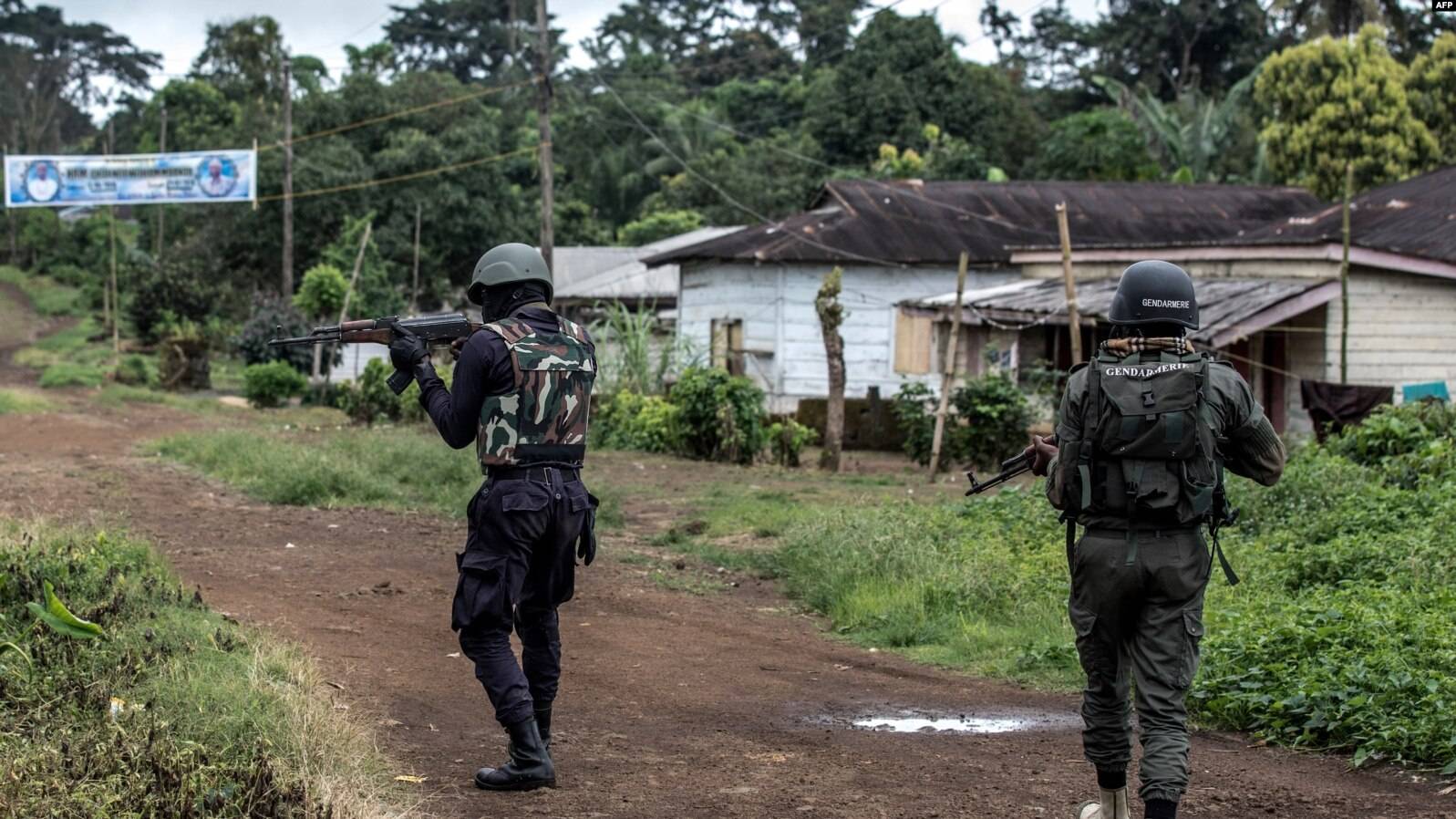YAOUNDÈ, Cameroon – Abuse of children is rising in Africa, but a culture of silence is keeping the continent from addressing the problem, according to one expert.
Beatrice Mumbi is the Safeguarding Coordinator for the Jesuit Conference of Africa and Madagascar (JCAM), and she says that although “safeguarding as a general concept is embraced, … comprehensive understanding of what it entails is generally limited and there is little consistency in what it is considered to be.”
She complained that some view safeguarding as a “rights agenda” or a “Western agenda.”
“However, from experience, the underlying problem is a cultural question, where certain practices are accepted, and a broader culture of silence, where communities, parents and caregivers do not openly discuss sexuality, and where acknowledging and talking about abuse is considered shameful and stigmatizing,” she told Crux.
A recent study by the African Partnership to End Violence against Children (APEVAC) says more than half of all children in Africa experience physical abuse, while in some parts of the continent, four in ten girls suffer from sexual violence before the age of 15.
The study further finds that in some regions, more than 80 percent of children aged 1-14 experience violent discipline every month, and 41.8 percent of girls and 39.1 percent of boys are neglected by their caregivers.
The Jesuit Center for Safeguarding in Africa (JCSA) was launched at the Jesuit’s Nairobi-based Hekima University College on Jan.15.
Mumbi says the center will serve to promote “a consistent culture of protection and safety for minors.”
Following are excerpts of her conversation with Crux.
Crux: What inspired the creation of this center?
The Jesuit Center for Safeguarding in Africa (JCSA) is a training and research center under the auspices of the Jesuit Conference of Africa and Madagascar (JCAM). JCSA was established at Hekima University College in Nairobi to coordinate teaching and research activities in Anglophone and Francophone Africa (the latter through L’Institut de Théologie de la Compagnie de Jésus [ITCJ]).
The creation of this center was inspired by the resolutions of the 36th General Congregation of the Society of Jesus in 2016, which mandated Father General Arturo Sosa and all Jesuits “to continue working with Major Superiors and Conferences to promote, within the communities and ministries of the Society, a consistent culture of protection and safety for minors, in keeping with the suggestions of the Congregation regarding formation, community life, ministries and governance.”
Further inspiration came from Pope Francis’s 2016 Motu Proprio “As a Loving Mother” which emphasizes the role of the Church in child safeguarding in the following words: “The Church loves all her children like a loving mother, but cares for all and protects with a special affection those who are smallest and defenseless. This is the duty that Christ himself entrusted to the entire Christian community as a whole. Aware of this, the Church is especially vigilant in protecting children and vulnerable adults … this duty of care and protection devolves upon the whole Church.”
However, in the African context, safeguarding as a general concept is embraced, but comprehensive understanding of what it entails is generally limited and there is little consistency in what it is considered to be. There are also strong sentiments that safeguarding is a “rights agenda,” or a “western agenda.” However, from experience, the underlying problem is a cultural question, where certain practices are accepted, and a broader culture of silence, where communities, parents and caregivers do not openly discuss sexuality, and where acknowledging and talking about abuse is considered shameful and stigmatizing. This became an impediment to facilitating a safeguarding environment and hence the need to offer training to increase understanding and commitment was identified. This was consistent with the fact that unless conscientization happens at a wider level, meaningful change cannot take place in the Church and community.
In addition, there is a dearth of appropriate training programs and resources on safeguarding for the African context. Therefore, the center was started with the aim of bridging the gap in training and conducting research to further inform the subject. The center is also at the service of the Church in Africa, as it will not limit itself to serving the Society of Jesus.
If there is a child safeguarding center, it means there is abuse of children in Africa. What in your opinion is the scale of child abuse on the continent?
The scale of child abuse is high, although this fact is not unique to the African continent. However, some challenges predispose some communities more than others to circumstances that result in high rates of child abuse.
What factors drive such abuse?
Generally, there are multiple factors, often operating together that drive the abuse of children. Cultural practices, socio-economic challenges and war are some of the biggest factors driving child abuse.
The Jesuit Centre for Safeguarding is designed to train Catholic childcare officials on how to best handle children. What would be the focus of such training?
The training is designed to be comprehensive in the content and skills it seeks to impart. It is therefore taught in a multidisciplinary method comprising theology, anthropology, psychology, and legal dimensions.
The Centre will also host a virtual “Community of Practice” for safeguarding professionals working in and with the Church in Africa. This way, JCSA will hopefully grow skills and greater understanding of safeguarding the African context.
















